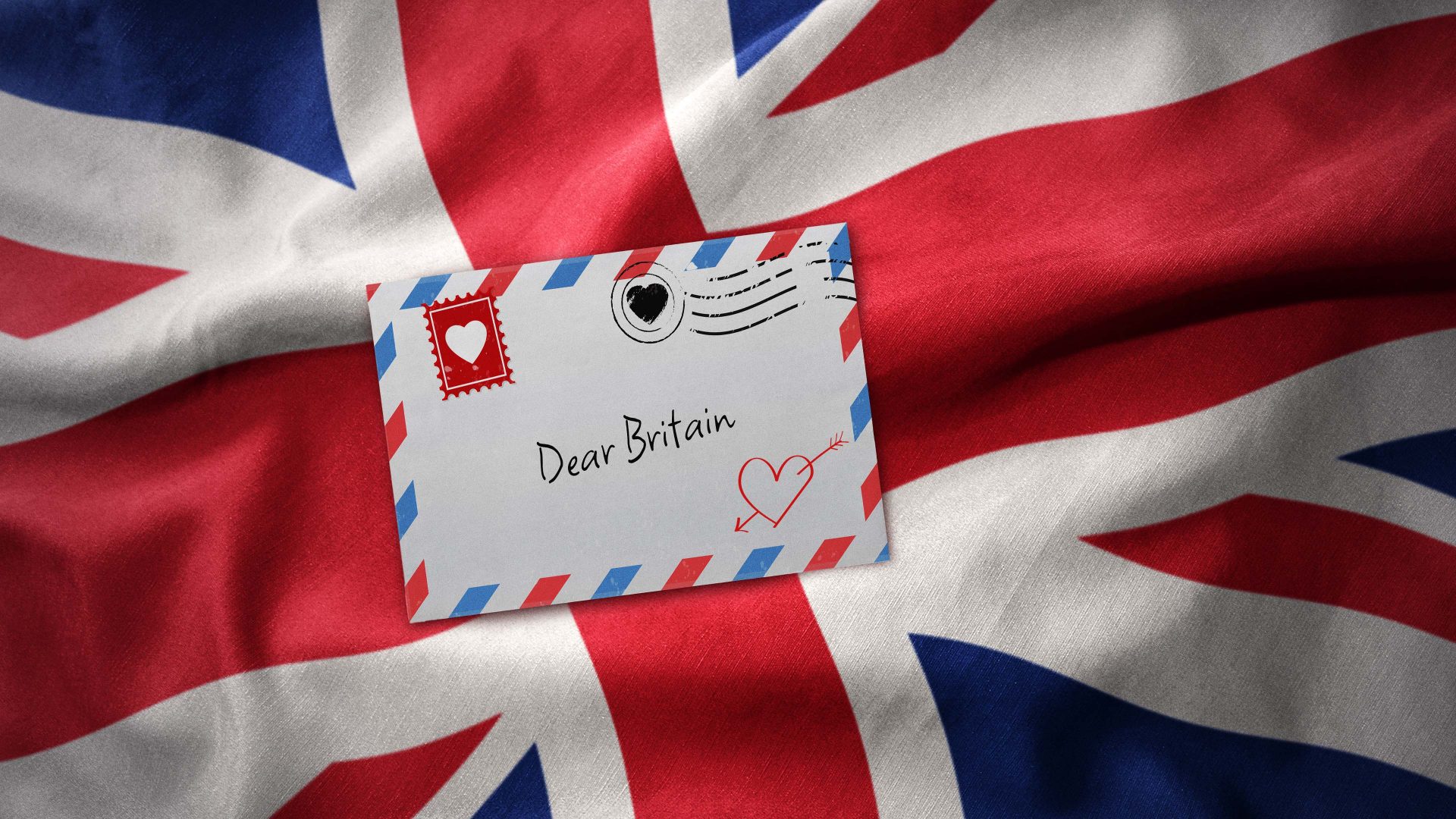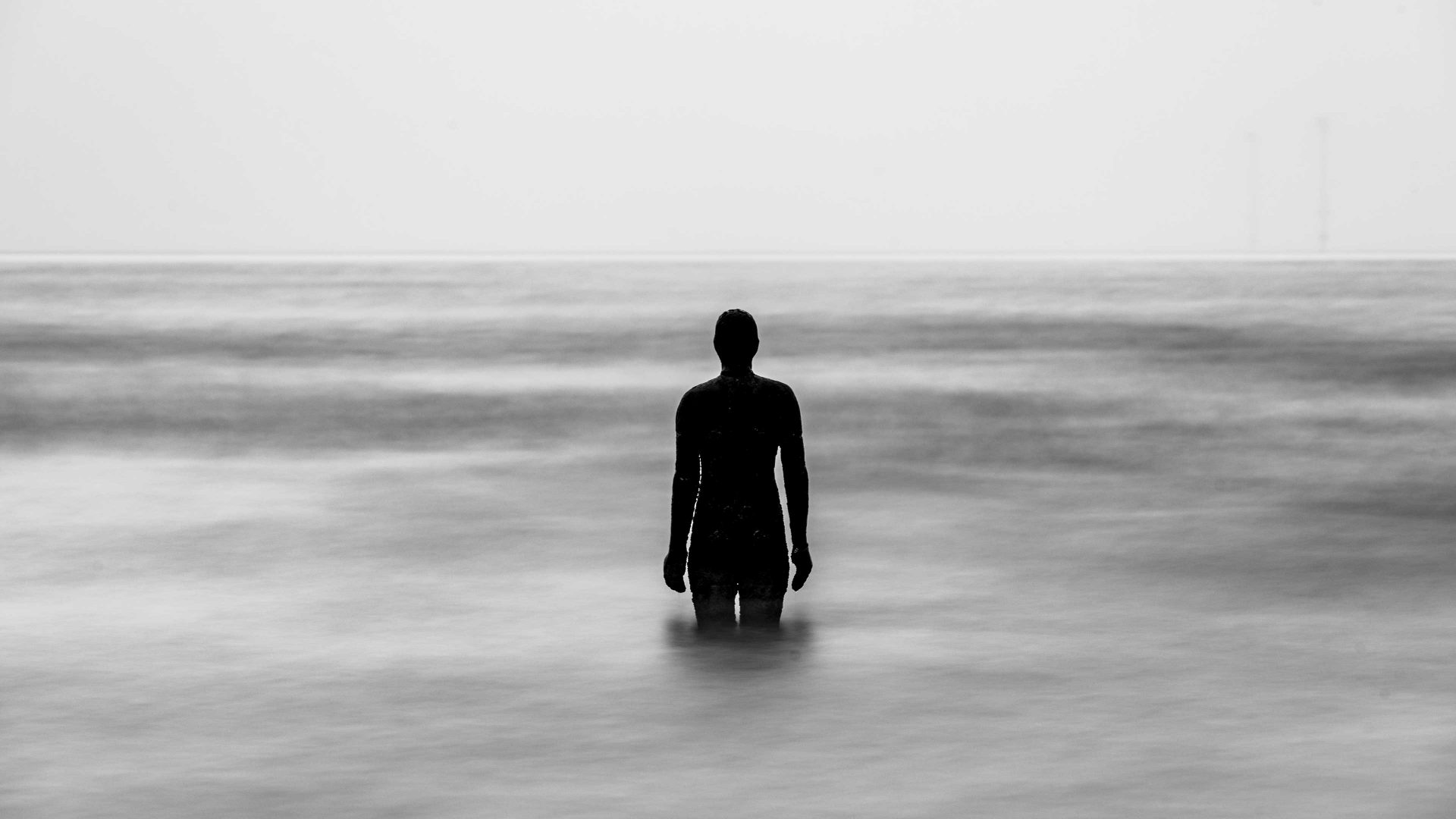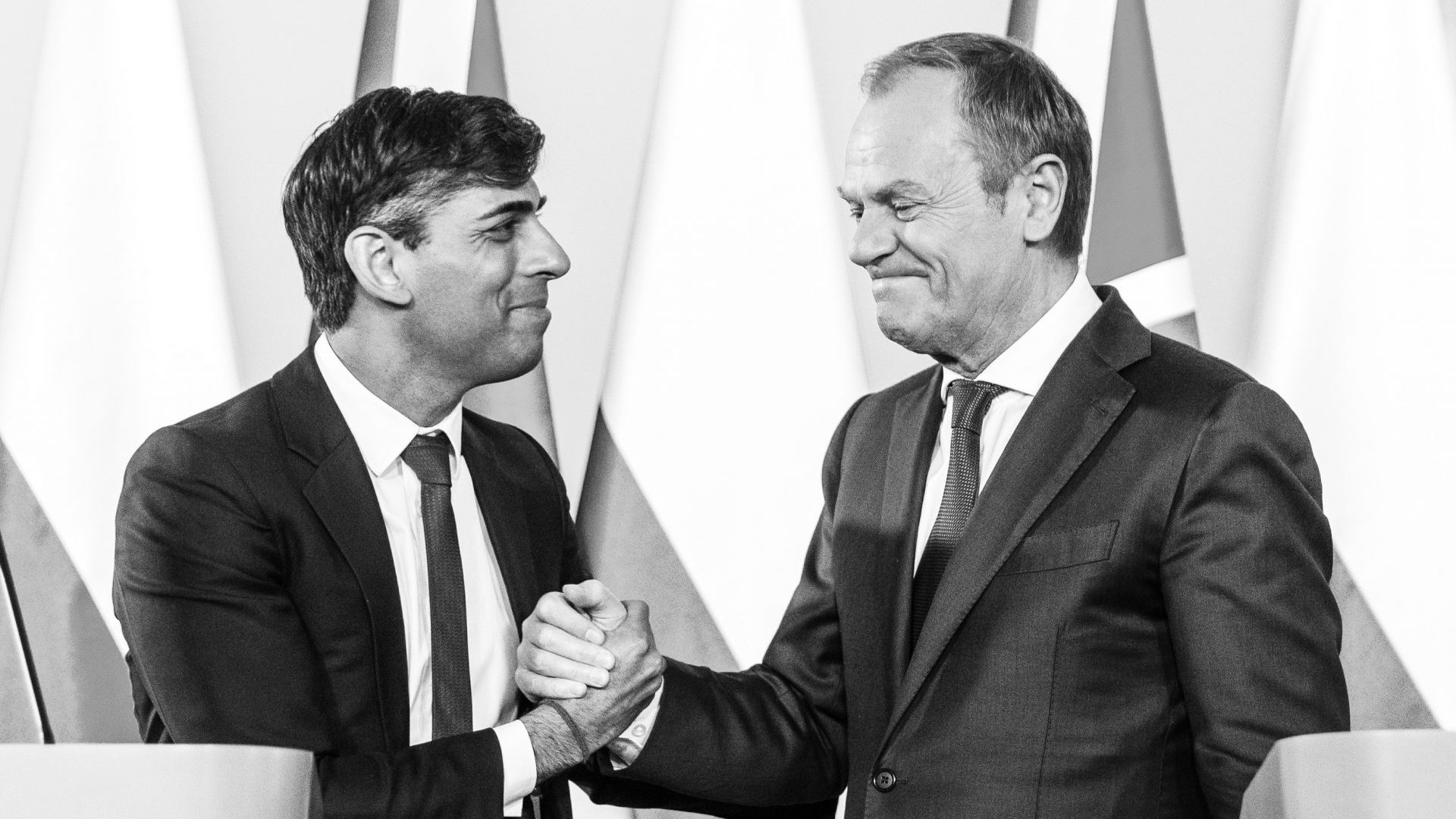People say the seventh year is the dangerous one, a time when the object of your ardour can start to lose their lustre and once-lovable peccadilloes mutate into infuriating defects. “You’re like a giddy girl in love,” observed an Australian colleague. He was right. Except that 15 years have now passed, and I’m still bewitched.
My love affair with the UK began when I was posted to London to become Europe correspondent for two Australian newspapers. I remember the very first night in the company flat behind Fleet Street, watching mesmerised as an unseasonably late snowfall dusted the rooftops. The mantle of white glitter over the steeple of St Dunstan-in-the-West remains an indelible image in my mind.
The next day, in hats and scarves – a rarity back in Aus – we tramped the streets around Fetter Lane down to the Thames, looking past Waterloo Bridge to the turrets of the “Mother of Parliaments” and Big Ben, familiar, iconic against the grey skies.
Brits whinge incessantly about the weather, but for Aussies who are used to two brutal seasons – scorching, or soaking – the cold and crunch of ice beneath boots, breath puffing visibly as we explored streetscapes that pre-date Captain Cook’s charting of the east coast of Australia in 1788 seemed otherworldly, magical even. I remember darkness falling and streets still teeming with people, house windows glowing a welcoming golden yellow, pubs exuding warmth and the gentle buzz of conversation – even the buses offered a splash of happy red in what felt like a black and white movie.
A week or two later, exploring around Hampstead Heath, I wandered into an enclave of minuscule cottages, clustered there for three centuries, colourful front doors leading directly on to a hidden, flagstone courtyard. The intensely human scale of this little pocket secreted deep within an enormous metropolis made me realise that, while I’d only just arrived, I never wanted to leave.
London is a global financial and creative hub, and yet its visceral pull on me – and now that of the entire UK – remains encapsulated in these early, tiny, symbolic memories. There are so many towns and cities in this great nation, and they form multiple intriguing layers, a palimpsest of peoples, architecture, cultures, periods, and styles.
There is no doubt that the UK I landed in a decade and a half ago is a different place now. Even I, wearing perennially rose-tinted glasses, must admit that. And not a year has passed without a storm: the global financial crisis, terrorist attacks, summer riots, Brexit, the pandemic, an unprecedented cost-of-living crisis and the last five years of chaotic, deadening Tory leadership.
But amidst all this, as an outsider – Italian-born, raised in Australia – I want to shout at Brits, fed-up and mistrusting though they may be, to remember and to fight for the extraordinary cultural and societal pillars that still make this nation great.
Clement Attlee’s fingerprints are faint, but they’re still visible if you look: so much is at stake and way too much is taken for granted. So, bear with me as I drink from my glass half full to remind you of what’s unique (and wonderful) about this nation.
Despite the best efforts of whining Nimbys and greedy developers, social housing is still everywhere, not pushed out of sight/out of mind into the peripheries as it is in the banlieues of Paris or the broiling south-western suburbs of Sydney. Properties lived in full time – unlike upmarket new investment developments full of absentee landlords – keep neighbourhoods alive.
It is endlessly inspiring to think that the old London county council was, for a time, the world’s biggest architect’s office and that they accomplished the extraordinary feat of housing a whole population in bombed-out cities. Yes, there is a shortage of affordable housing in London, but as Financial Times architecture critic Edwin Heathcote argued recently, council housing is not the past, it is the future.
All the world’s great metropolises are under pressure, but the truth is that UK cities remain varied and richly diverse, and in most places you will meet neighbours who come from a walk of life entirely different to yours. There have been times sitting on the bus into the city from our south-east London home when the cacophony of languages is reminiscent of that joyful scene in the Star Wars cantina. Other cities, including Sydney, think they’re multicultural: oh no they’re not.
History in the UK is imbued with life. I’m a republican, but here, living people – not mere shadows – inhabit royal palaces and churches. Abbeys and cathedrals are seen as living structures, open to creative ways to entice people in.
I will never forget seeing the cavernous insides of the 12th-century Malmesbury Abbey in Wiltshire, once England’s largest monastery, turned into a skateboard park for a day, or seeing it full of dogs, cats and even a couple of turtles during a service for children and their blessed animals. In my native Italy, churches are emptying, but don’t even think about suggesting any new uses for them.
Brits are wonderfully fierce about protecting and taking care of common spaces, and exhibit a cultural and societal respect that is noticeable to us outsiders. All kids, including King Charles who took his sons on litter-picking holidays, are taught to pick up their mess: communities band together to clean up neglected plots, wartime allotments remain tended and loved, households take care of what is outside their front door, not just inside.
I have often wondered if this national characteristic is a legacy of ancient battles for the “commons”. I despair at the lack of a similar public spirit when I return to Italy. (At the risk of raising howls of protest, I confess to secretly wishing the Brits could take over Italy’s architectural and cultural patrimony – at least then it would be looked after and not allowed to fall to bits.)
I admit, too, to being amused by Aussie views of Brits as products of a society riven by an impenetrable class structure and yet here, just 7% of kids go to private school, compared with 48% in Australia. The socially distorting effects of the old school tie are just as palpable there, in my experience.
It is also a source of perpetual comfort that London’s coppers (how I love that word!) do not carry guns, and whether on horseback, bicycle or on foot will chat, cheerfully give directions, stop for photos with tourists. I come from a place where all police are armed and no, you don’t feel safe because of it, even as a white, middle-class female.
I know, I know – it’s not a great time for the Met Police, but the very fact that there is formal acknowledgment of institutional racism and misogyny and the will for debate and reform is to be valued.
And boy, does this nation do big street events with good humour, precision and grace. Royal weddings and funerals, of course, but more importantly, rallies and protests – even in the direst geopolitical circumstances – almost always unfold with civilised respect. Brits’ capacity for orderly queuing – from the escalator to boarding a train – is fodder for comedians, but I love it. You’re all so well-behaved, and resilient – and it’s inspiring.
It would be easy here to wax lyrical about the NHS, but here I feel torn. Part of me wants to keep shouting: “Do you understand what an extraordinary health system you have and how civilised your society is to afford everyone, rich, poor, young and old a health safety net?”
The other part is convinced that true reform of the NHS will be impossible without a cultural revolution that stops it being taken for granted because it is indeed free.
Sixty-two years have passed since Dean Acheson, then President Truman’s secretary of state, unleashed a diplomatic storm – and hit the nail on the head – suggesting that Great Britain had lost an empire but not yet found a role. And while the decades that followed saw both Margaret Thatcher and then Tony Blair carve out a powerful, visible, and dynamic role for the UK on the international stage, the serial hammer blows of the global recession, Covid and Brexit have smashed an embarrassing hole in the national backstory.
I don’t have the magic prescription that will immediately make us all feel the pride, elation, and national unity we shared during the London Olympics. But I do believe that this country’s political and public intellectual leadership need urgently to reshape the national discourse and re-direct the national gaze outward, with Britain taking a role front and centre as part of the rest of the world, not alone, fearful, and isolated from it. The admirable stoicism encapsulated by “Keep Calm and Carry On” needs a 21st-century reboot to bolster courage and understanding that borders are not threatened by free movement.
It takes time and co-operation to change the national mood, but the UK going it alone, defensive, and fearful of the rest of the world, doesn’t sit well with the national character. Good policy in the hands of any government can only be crafted when you take the nation with you.
This is a country brimming with ideas, with skills and products that benefit the world: there is a need to reignite the spirit that wants to give to the world, not just take from it. In a nutshell, it’s time to lower the drawbridge – with pride and with the pomp and fanfare you’re already so good at.
As for me, I don’t really know exactly when my frisson with the UK turned to a serious love affair or when the desire to commit (and emigrate formally) crystallised. I do remember, however, my elation one hot summer night during the riots when a van full of tactical police stopped at the lights outside the only local pub that had kept its doors open in defiance and solidarity with its community.
In one, spontaneous instant, drinkers on the kerb – of all ages, colours, creeds, and sexualities – erupted in a spirited chorus of You’re Just Too Good To Be True (“I love you baaaaaby”) as the phalanx of anxious, grim-faced police officers in the van broke out into wide, grateful grins.
It was just one intense moment of community among many over the years, but I guess that is what I love most about the UK: it has given me, a foreigner, a true sense of belonging.
“You’ll regret leaving,” warned Australian friends before I left. “Are you mad?” insisted (weather-obsessed) British mates, who can’t understand why I don’t move back.
I haven’t had a second thought. Not even an instant. I spent 48 years in Australia as a permanent resident but never naturalised, but in the spring, I went to Marylebone town hall to be granted citizenship, and am now a proud Britalian.
I know exactly the things I love and value in my nation of choice – and cannot wait to cast my vote.
Journalist and author Paola Totaro is a former president of the Foreign Press Association in London



